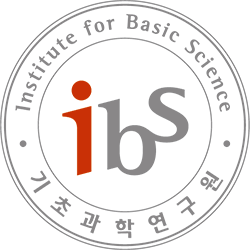Adam Zsolt Wagner, Constructions in combinatorics via neural networks
Recently, significant progress has been made in the area of machine learning algorithms, and they have quickly become some of the most exciting tools in a scientist’s toolbox. In particular, recent advances in the field of reinforcement learning have led computers to reach superhuman level play in Atari games and Go, purely through self-play. In …

